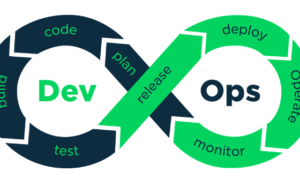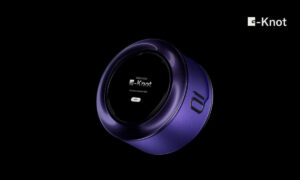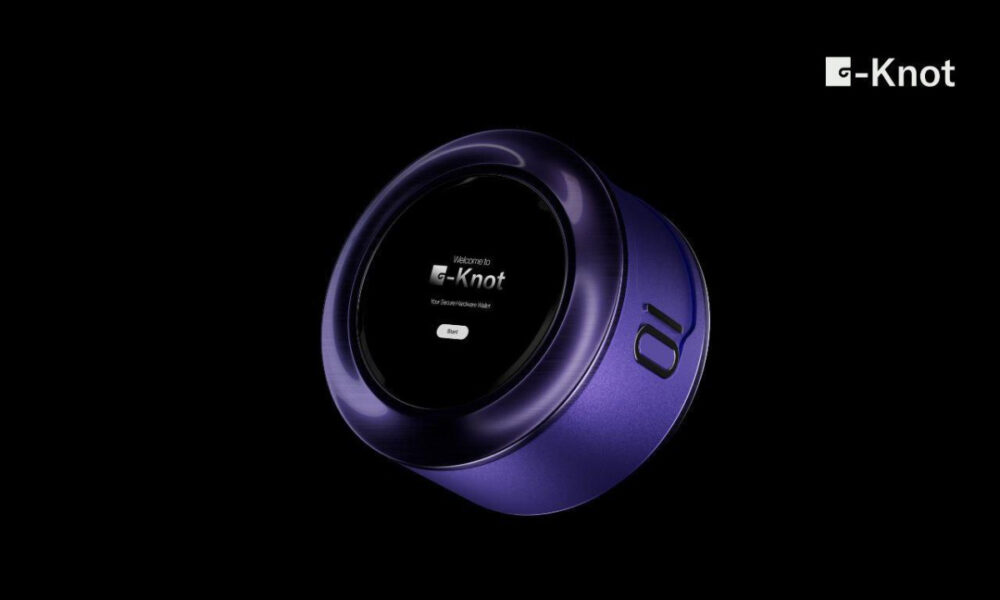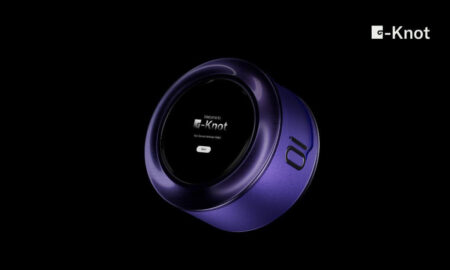Business security systems are essential for safeguarding assets, employees, and operations in today’s increasingly interconnected and complex world. The importance of a well-chosen and effectively implemented security system cannot be overstated, as businesses face growing threats from theft, cyberattacks, vandalism, and even internal misconduct. Finding the right security solution is not just about installing equipment or hiring personnel; it’s about creating a comprehensive strategy that protects your organization while allowing it to thrive.
Understanding the Importance of Security in Business
Security is a cornerstone of any successful business operation. Beyond protecting physical assets such as inventory, equipment, and property, security systems also safeguard intangible assets like data, intellectual property, and customer trust. Breaches in security can have far-reaching consequences, including financial losses, legal repercussions, and damage to a company’s reputation.
For many businesses, the importance of security goes beyond the immediate need for protection. A strong security system fosters an environment of safety and confidence among employees and customers. When staff members feel secure in their workplace, they are more productive and focused. Similarly, customers are more likely to trust a company that demonstrates a commitment to protecting their information and ensuring their safety during interactions.
Assessing Your Business Security Needs
Before implementing a security system, it’s essential to conduct a thorough assessment of your business’s unique requirements. Every company operates under different conditions, and what works for one organization might not be suitable for another. Factors such as the size of the business, the industry it operates in, and its physical location all play a role in determining the appropriate security measures.
An assessment typically involves identifying potential threats and vulnerabilities. For example, a retail business might prioritize measures to prevent shoplifting and monitor employee behavior, while a data-driven tech company might focus on cybersecurity and access control. The results of this assessment will provide a foundation for selecting the security solutions that best align with your business goals and operational needs.
Exploring Different Types of Business Security Systems
Business security systems encompass a broad range of solutions, each designed to address specific threats and vulnerabilities. These systems can include physical security measures like surveillance cameras, alarms, and access controls, as well as digital security tools such as firewalls, encryption, and intrusion detection systems.
Physical security measures are often the first line of defense against external threats. High-resolution surveillance cameras can monitor activities within and around the premises, providing real-time alerts and evidence for investigations. Access control systems, such as keycards and biometric scanners, limit entry to authorized personnel only, reducing the risk of unauthorized access.
Digital security solutions, on the other hand, are critical for protecting sensitive data and networks from cyber threats. Cybersecurity measures include tools to prevent hacking, phishing, and malware attacks, ensuring that business information remains secure. In some cases, businesses may also require hybrid systems that integrate physical and digital security measures, creating a cohesive and multi-layered defense strategy.
The Role of Advanced Technology in Modern Security
Technological advancements have transformed the landscape of business security systems, making them more effective, scalable, and user-friendly. Artificial intelligence (AI) and machine learning are playing an increasingly prominent role in modern security solutions, enabling systems to detect patterns, identify anomalies, and respond to potential threats in real-time.
AI-powered surveillance cameras can differentiate between normal activities and suspicious behavior, reducing false alarms and improving response times. Similarly, access control systems can use facial recognition and other biometric technologies to verify identities with unparalleled accuracy.
Another significant development is the rise of cloud-based security systems. These systems allow businesses to monitor their security infrastructure remotely, providing greater flexibility and convenience. Cloud-based solutions also offer scalability, making it easier for businesses to expand their security measures as they grow.
Balancing Cost and Effectiveness
Cost is often a critical factor when selecting business security systems, but it’s essential to strike a balance between affordability and effectiveness. Investing in a comprehensive security system may seem like a significant expense upfront, but it can save businesses from far greater financial losses in the long term.
To determine the most cost-effective solution, businesses should consider both the initial installation costs and the ongoing expenses associated with maintenance and monitoring. Some systems may have higher upfront costs but offer lower operational expenses, while others might be more affordable initially but require frequent updates or replacements.
Additionally, businesses should evaluate the potential return on investment (ROI) of a security system. By preventing theft, reducing downtime, and minimizing the risk of legal liabilities, a well-designed security system can contribute to the overall profitability of the company.
Ensuring Compliance with Industry Standards
In many industries, security is not just a best practice—it’s a legal and regulatory requirement. Businesses must comply with various standards and guidelines to ensure the safety of their operations and protect sensitive information. Failure to meet these requirements can result in penalties, lawsuits, and reputational damage.
For example, businesses that handle customer financial data must adhere to Payment Card Industry Data Security Standard (PCI DSS) guidelines, while healthcare organizations are required to comply with the Health Insurance Portability and Accountability Act (HIPAA). These regulations often dictate specific security measures that businesses must implement, such as encryption protocols, data access controls, and secure storage practices.
When choosing a security system, it’s essential to consider whether the solution aligns with relevant industry standards and regulations. Working with a provider that understands these requirements can help ensure compliance and reduce the risk of legal complications.
Partnering with the Right Security Provider
Selecting the right security provider is a critical step in implementing an effective system. A reliable provider will not only offer high-quality products and services but also act as a trusted partner in managing your security needs.
The ideal security provider should have a strong track record and a deep understanding of the specific challenges faced by your industry. They should offer customized solutions tailored to your business’s unique requirements, as well as ongoing support to ensure the system operates smoothly.
It’s also important to evaluate the provider’s commitment to innovation and adaptability. As technology and threats continue to evolve, your security system must be able to adapt to new challenges. A forward-thinking provider will offer solutions that are scalable, upgradable, and future-proof, ensuring that your business remains protected over time.
Integrating Security into Business Operations
A security system is most effective when it’s seamlessly integrated into a company’s operations. This requires collaboration between the security team and other departments, as well as clear communication about policies and procedures.
Training employees on the proper use of security systems is a critical aspect of integration. Staff members should understand how to operate equipment, recognize potential threats, and respond appropriately in emergencies. Regular training sessions and drills can help ensure that everyone is prepared to contribute to a safe and secure workplace.
Integration also involves creating a culture of security within the organization. When employees view security as a shared responsibility, they are more likely to adhere to protocols and report suspicious activities. This collaborative approach strengthens the overall effectiveness of the security system and enhances the company’s resilience against threats.
Monitoring and Updating Your Security System
Implementing a security system is not a one-time task; it requires ongoing monitoring and maintenance to remain effective. Regularly evaluating the performance of the system can help identify areas for improvement and ensure that it continues to meet the needs of the business.
Monitoring involves analyzing data from surveillance cameras, access logs, and other components to detect patterns and identify potential vulnerabilities. Advanced analytics tools can assist in this process, providing insights that help businesses make informed decisions about their security measures.
Updating the security system is equally important. As technology advances and threats evolve, businesses must stay ahead by adopting the latest tools and practices. Regular updates ensure that the system remains effective and capable of addressing new challenges.
Conclusion
Choosing the right business security system is a vital decision that can significantly impact the safety and success of your company. By understanding your unique security needs, exploring available options, and partnering with a reliable provider, you can create a system that not only protects your assets but also supports your business’s growth and resilience.
With the right approach, business security systems can become more than just a safeguard against threats—they can serve as a foundation for trust, productivity, and long-term success.



































